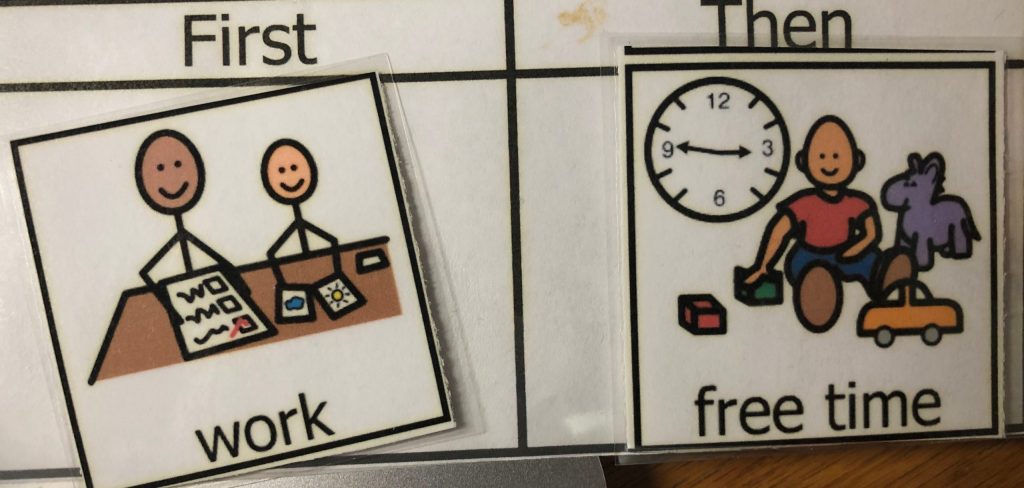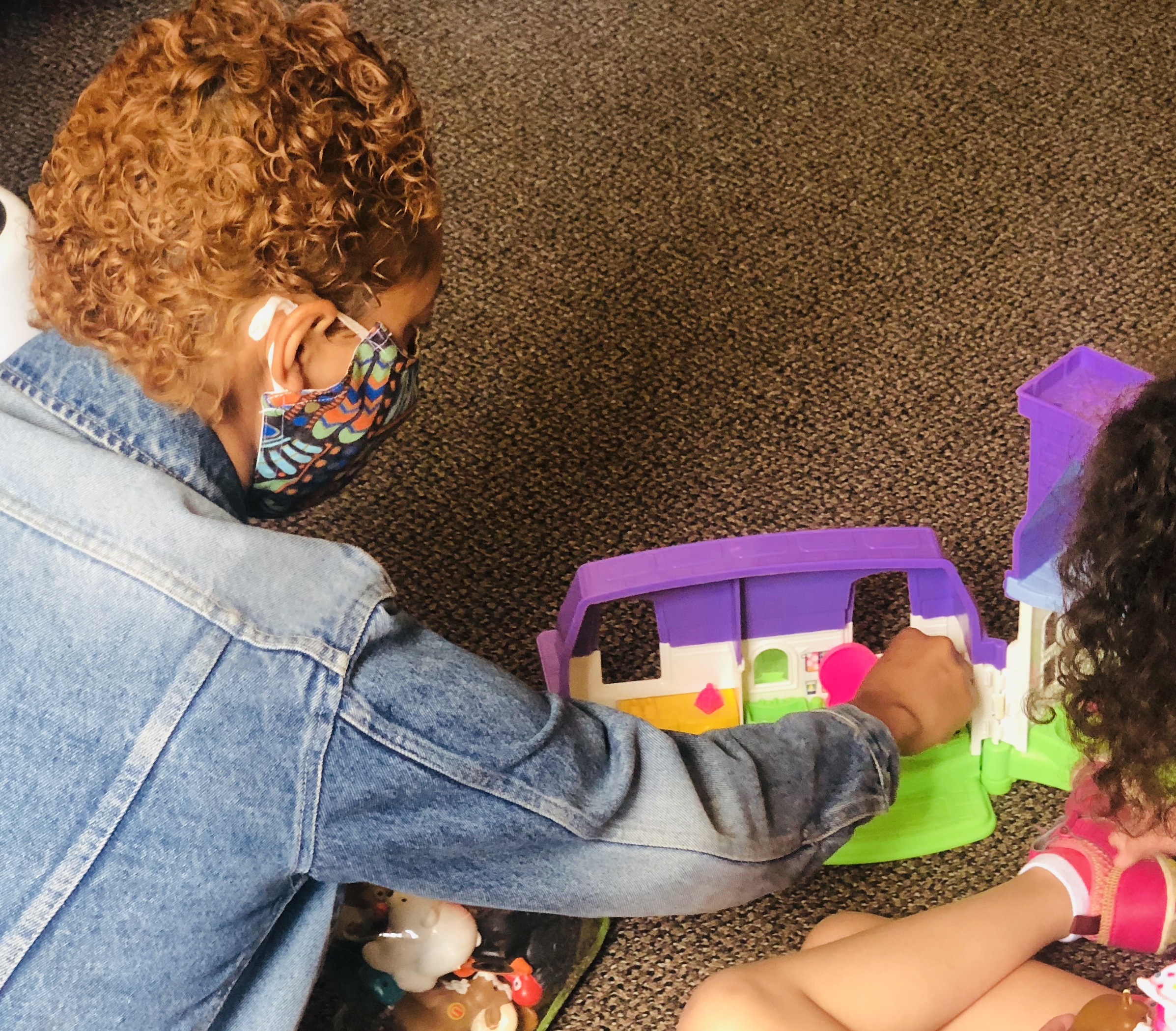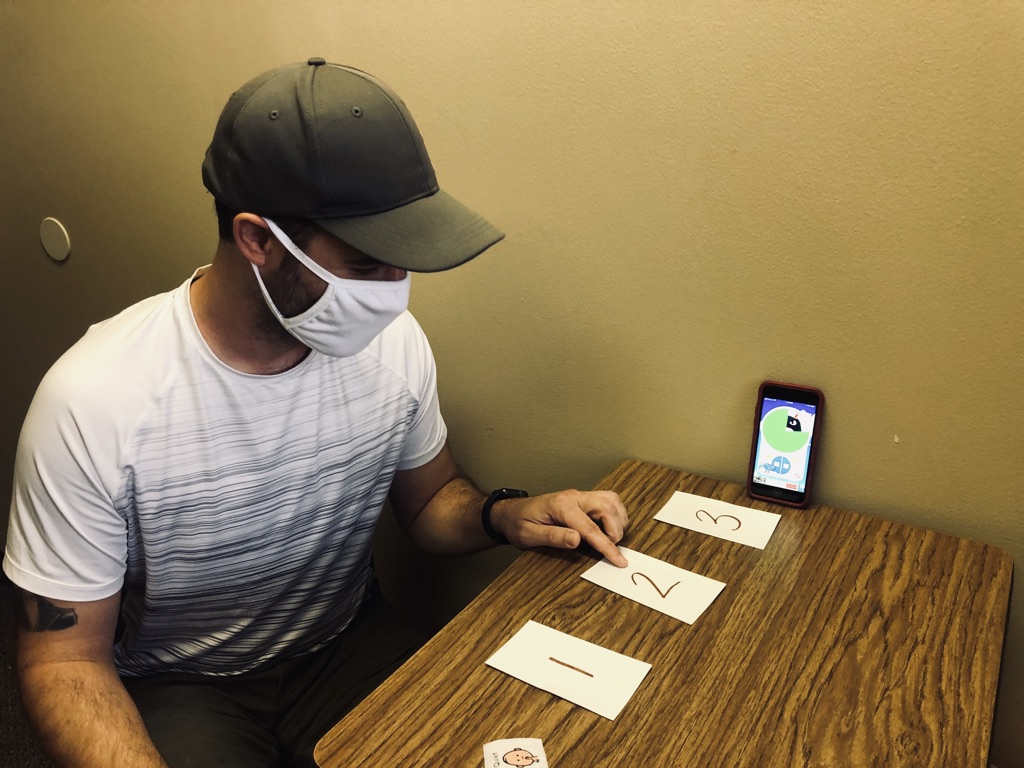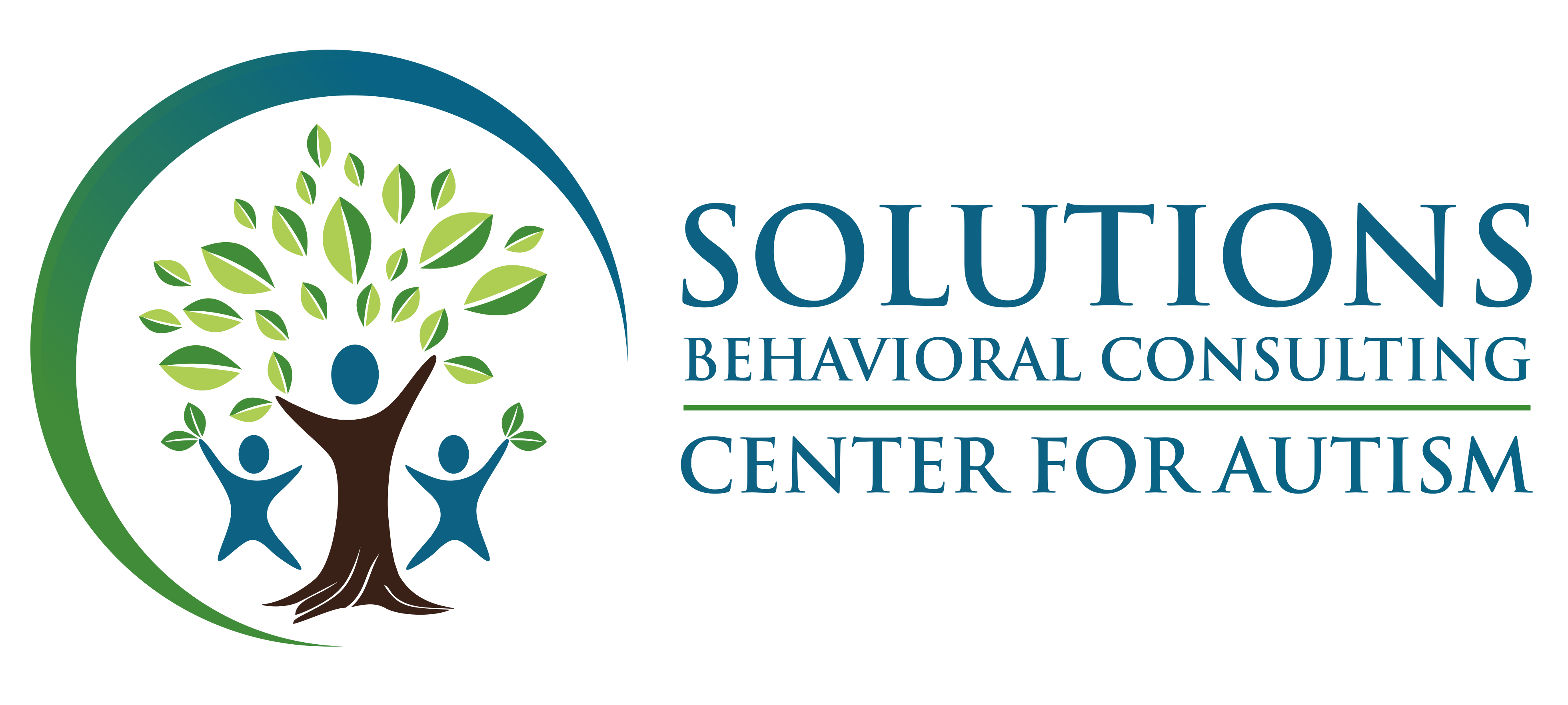what is
applied behavior analysis (aba)?
At Solutions Behavioral Consulting, our philosophy and model include Applied Behavior Analysis (ABA) and, speech and language therapy, with an emphasis on family and school support.
Applied Behavior Analysis (ABA) therapy and interventions are based on the science of learning and behavior. Over the past 40 years, several thousand published research studies have documented the effectiveness of ABA across a wide range of populations, practitioners, settings, and behaviors. ABA includes using direct observation, measurement and analysis to determine the relationship between the environment and behavior. ABA is based on the belief that an individual’s behavior is influenced by past and current environmental events. Behavior is increased or decreased based on external events.

ABA Tools and Strategies
- Reinforcement
- 3 Part Contingency
- Task Analysis
- Shaping
- Extinction
- Motivational Operations
- Prompting Procedures
- Behavioral Momentum
- Self-Monitoring
When developing our students therapy program, we use the principles of applied behavior analysis to:
- Conduct skill based assessments
- Break down skills to provide a solid foundation for learning
- Perform Preference assessments to determine effective reinforcement
- Make informed decisions about therapy changes and progress based on data analysis
Natural Environment Training (NET)
Natural Environment Teaching (NET) is a component of SBC’s ABA toolkit. NET enables us to teach children in the setting in which they need to use the skills being taught. NET is driven by the individual’s interest and motivation and is conducted in a structured manner by employing ABA principles. The natural environment is often conducive to an individual being able to learn skills in one environment and generalize them to other environments. The intervention is family-friendly and can be used by caregivers with effective training.
Here is an example using NET to teach a child to request their preferred food for snack. When planning to teach this skill using NET, the BCBA breaks down the skill using task analysis. For example, the first step in the teaching sequence may be to teach the child, to request the preferred food that is out on the kitchen table. Appropriate requesting will be modeled by the therapist, and the child will receive the preferred snack each time she requests the item. A small amount of the snack will be provided to allow for opportunities for repetition. The child will continue to receive faded prompts to ask for more of the snack until she is able to do so independently. Eventually, the visual example of the foods will be faded until the child is able to request what she wants for a snack. By teaching requesting in the setting where she typically eats with her family, the skill will be more easily generalized to different times of day with caregivers.

Another example of NET includes learning to greet others. Greetings typically take place when you first see someone you have seen in the recent past. To teach this using NET, the therapist will stage moments when the child sees other people to increase opportunities for instruction. Visual supports, modeling, and other forms of prompts will be implemented to teach the child to use appropriate greetings. After greeting, reinforcement is provided to the child. Prompts and reinforcement are faded as the child begins to greet others independently.

Discrete Trial Teaching
Discrete trial training (DTT) is one of many ABA teaching strategies. Discrete trial teaching, used across environments, enables the learner to acquire complex skills and behaviors by mastering and generalizing skills that have been broken down into their smallest parts. Discrete trial teaching is a systematic method of instructing students using a series of discrete trials in a fast-past manner. Targets or skills are presented repetitively to allow for intensive repeated practice of correct responses. For example, when teaching a child to identify colors, one color is targeted at a time. The student is asked to respond with the correct color label several times in a row until a mastery criteria is met. Prompting and reinforcement strategies are employed to ensure the student learns and practices the correct response. Once the student reaches the criteria for the first color, a new color is introduced. Teaching continues in a structured fashion until the student is able to identify all of the colors. Discrete trial teaching is also used to teach more complex skills while still utilizing the repetition, prompting and reinforcement. For example, when teaching a child to engage in a play with a car garage, one might first teach subcomponents of this skill, such as the individual actions that can be done with the car (i.e., pushing the car back and forth, saying “beep beep”). The discrete trial, coupled with other behavior strategies (i.e., reinforcement, shaping, prompting), is used to teach the learner to complete subcomponent skills independently. Once the learner is independently successful, the sub-components are linked together to enable mastery of the targeted complex and functional skill. Discrete trial teaching is highly effective in teaching communication, play, motor, and daily living skills.Our services range from educationally-based programming and behavior analysis to customized enrichment classes and camps in school district settings, in the home and Solutions Center for Autism. If you are considering ABA for your child and have questions, please review our Getting Started page or give us a call.
Who Provides ABA Services in Ohio?
A Certified Ohio Behavior Analyst (COBA) can provide ABA Services in Ohio.
Solutions Behavioral Consulting consultants are dually certified as Certified Ohio Behavior Analysts (COBA) and Board Certified Behavior Analysts (BCBA). A Certified Oho Behavior Analyst is certified by the Ohio State Board of Psychology to practice Applied Behavior Analysis (ABA) in the state of Ohio. An individual who is Board Certified as a Behavior Analyst or Assistant behavior analyst is a practitioner who conducts behavioral assessments, provides behavior analytic interpretations of the results and provides recommendations for behavior change. A certified analyst has completed specific college coursework from a college or university with an approved Behavior Analyst Certification Board (BACB) course sequence.
The individual has also completed extensive supervised field hours to be eligible for the certification exam. A BCBA follows a strict ethical code and employs every effort to carry out effective behavior analytic interventions based on well-established research.


